As we commemorate the EDSA People Power Revolution for what could be the final time as we know it, it is evident that Filipinos have forgotten what it truly represents.
What used to be the modern symbol of victory for Philippine democracy is now being widely derided as simply a power play by the Aquino-led “dilawan” faction. Democracy has since been in a slow decline since 1986 with cases of systemic corruption, extrajudicial killings, and unjust treatment of marginalized communities among the biggest indicators of this development.
The narrative is being rewritten to slowly take away the capacity of citizens to engage under our current systems without them even knowing it. How ironic is it that the freedom earned by the EDSA Revolution is now being used by agents of misinformation to denounce its very legacy? Perhaps not as ironic as a Catholic preaching Bible verses and regularly going to Sunday masses yet endorsing candidates with poor track records and at best questionable characters.
To say that standing up for the truth is well-established in Catholic doctrines is an understatement. That said, the basis for preserving and strengthening democracy is also aligned within its teachings, such as the Laudato Si’.
While Pope Francis’s landmark encyclical addressing the climate crisis and environmental degradation, it is also born out of Catholic social teachings, wherein democracy is central. A vital part of democracy involves an actively-participating civil society, based on the principle of power trickling down to local communities and institutions.
Also associated with faith-based philosophies is the argument that the market must function within a moral framework, which prioritizes the dignity of the person and the meaningful participation of all stakeholders in decision-making processes.
The Catholic Church vows to be neutral, but not apolitical. As said by the Catholic Bishops’ Conference of the Philippines in a recent statement, clergymen must push forward “the values and platforms that are in accord with church teachings, specifically the Catholic Social Teachings and Gospel values”.
For instance, among the groups that stood up to the Marcos regime is the Roman Catholic Church of the Philippines. The image of nuns on the frontlines of the protest remain among the most iconic from the historical event.
The nuns, the priests, and other Catholics did not join the rally in EDSA primarily to support the Aquinos. They joined the revolution to voice their disgust for the inhumane treatment of the opponents of a dictatorship. They stood up against an unprecedented level of corruption that only worsened social injustices and inequalities.
And we need more Filipinos to stand up and protect our democracy now more than ever. We have a moral obligation to pursue activities within our capacities that reduce injustices and inequalities, especially to the most vulnerable peoples. When the corrupt elite pushes for disunity by any other name, we need to be the agents for the type of change that, despite promises, has yet to come.
The names may have changed, but our circumstances remain as dire, perhaps even worse, than they were 36 years ago. The imperative to protect our democracy must remain as strong, and translated to meaningful change.
Si John Leo ay ang Deputy Executive Director for Programs and Campaigns ng Living Laudato Si’ Philippines. Kumakatawan siya sa lipunang sibil ng Pilipinas sa pandaigdigan at panrehiyong pagpupulong sa ilalim ng UN mula noong 2017. Isa siyang pangmamamayang mamahayag sa mga suliraning pangkalikasan at panlipunan.

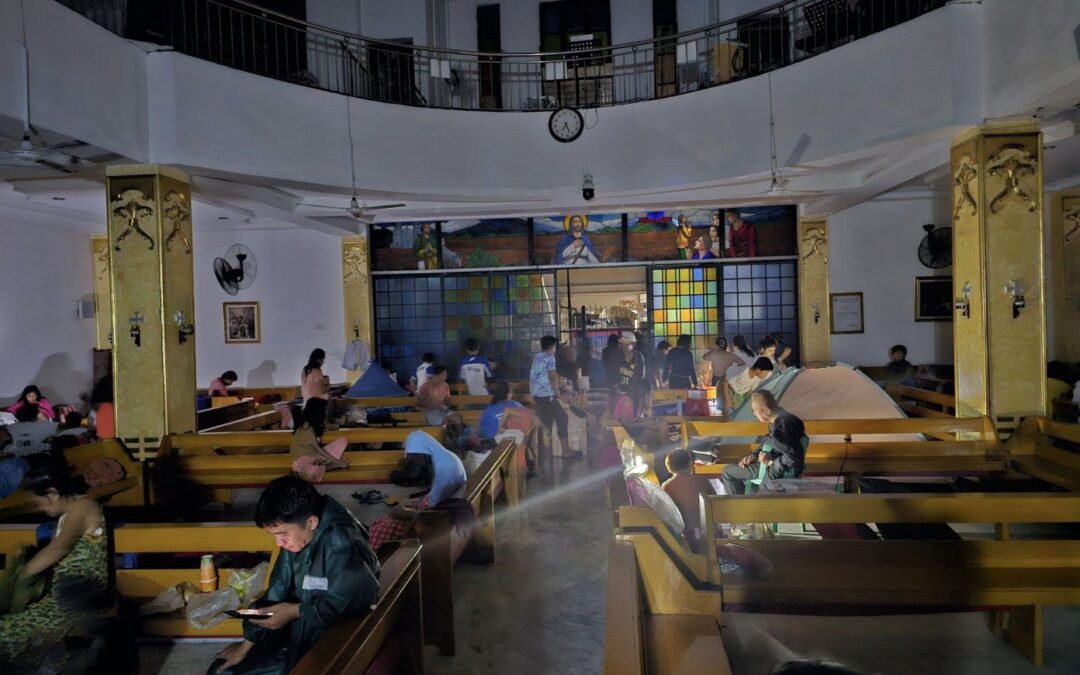
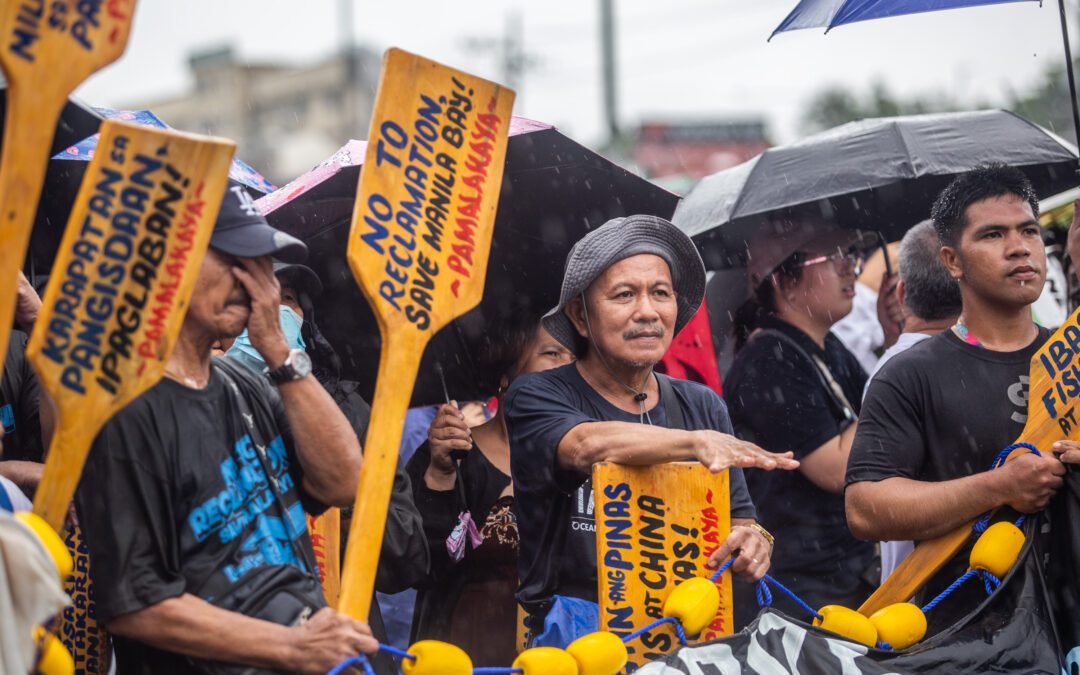
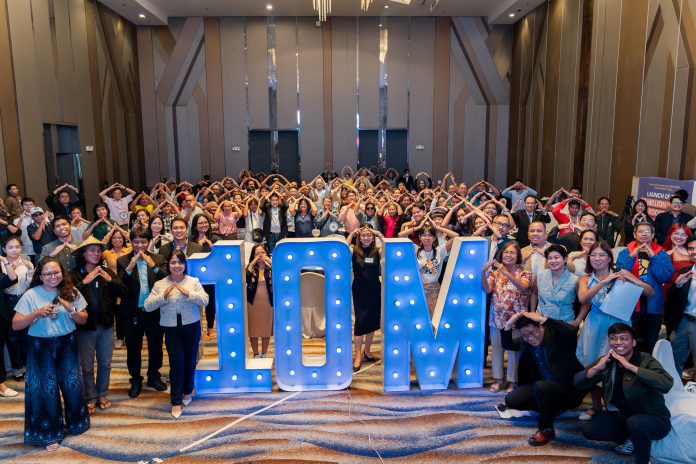
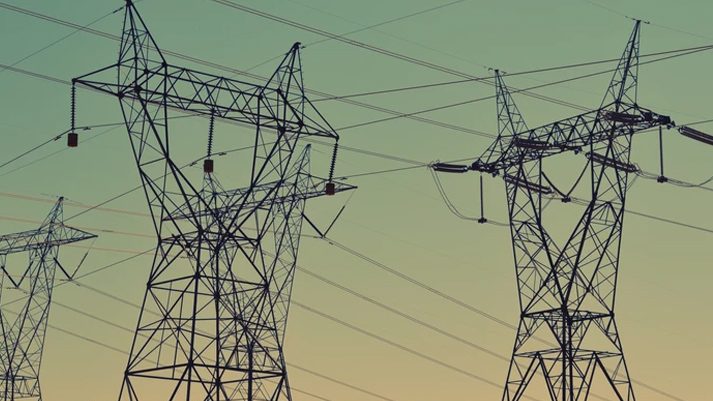
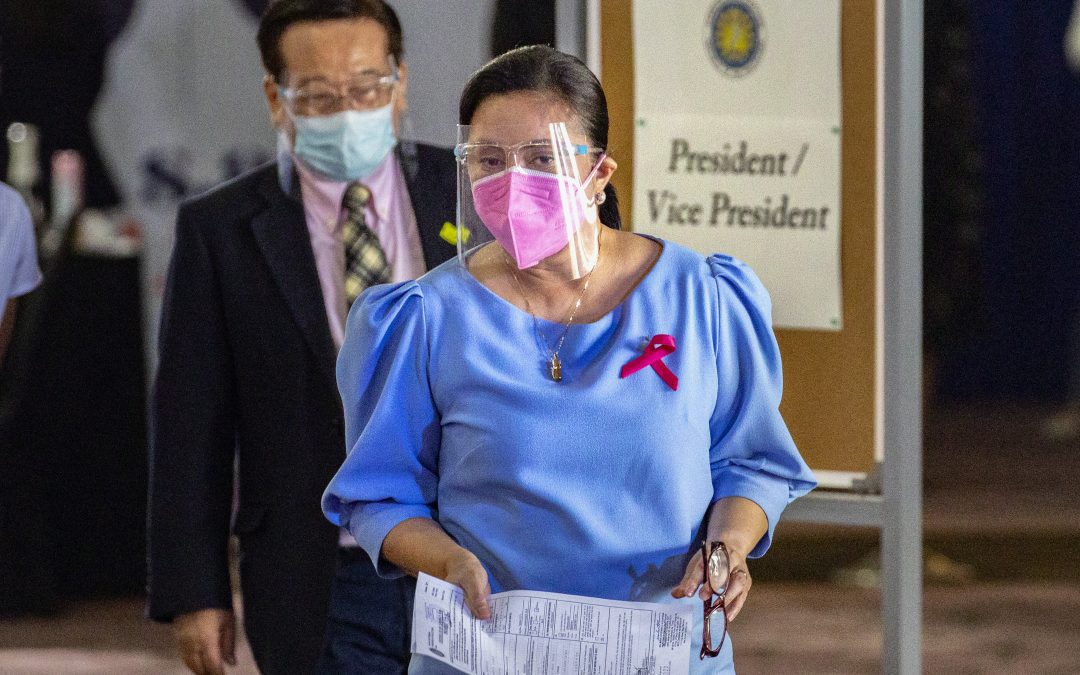
0 Comments